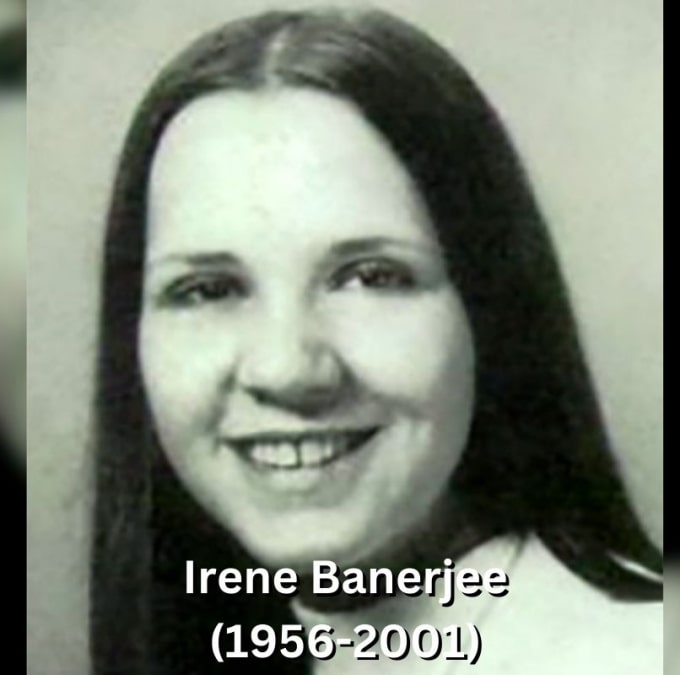Rollo May, a significant figure in existential psychology, has made profound contributions to our understanding of human existence, anxiety, and personal growth. This article delves into the life and work of May, exploring his early life, career, personal experiences, major achievements, and financial insights. We will also address frequently asked questions about this eminent psychologist.
Quick Info Table
| Field | Details |
|---|---|
| Full Name | Rollo Reece May |
| Popular As | Rollo May |
| Occupations | Psychologist, Author |
| Date of Birth | April 21, 1909 |
| Birthplace | Ada, Ohio, USA |
| Nationality | American |
| Net Worth (2024) | Estimated $1-5 million |
| Spouse | Florence DeFrees (divorced) |
| Children | 1 (daughter) |
| Date of Death | October 22, 1994 |
| Death Place | Tiburon, California, USA |
Early Life
Rollo May's early years were instrumental in shaping his future contributions to psychology. Born in Ada, Ohio, he faced numerous personal and family challenges that later influenced his work.
Childhood and Family Background
Rollo Reece May was born on April 21, 1909, in Ada, Ohio. His early life was marred by difficulties, including his parents' divorce and his sister's mental health issues. These experiences exposed him to the complexities of human emotions and relationships, which later became central themes in his work.
Education and Early Influences
May initially pursued an education in English but eventually gravitated toward psychology. He attended Oberlin College, where he earned his undergraduate degree. His interest in psychology deepened, leading him to study at Union Theological Seminary in 1938, where he was influenced by theologian Paul Tillich. These experiences laid the groundwork for his future contributions to existential psychology.
Career Highlights
Rollo May's career was marked by significant achievements and contributions to the field of psychology. His work in existential psychotherapy and influential writings have left a lasting legacy.
Existential Psychotherapy
May is best known for developing and popularizing existential psychotherapy. This therapeutic approach emphasizes the individual's experience and the search for meaning in life. Influenced by existential philosophers and psychologists like Viktor Frankl and Otto Rank, May argued that anxiety and existential crises could serve as catalysts for personal growth.
Key Publications
May's writings have profoundly impacted psychology. His book "The Meaning of Anxiety," published in 1950, explored anxiety as a fundamental aspect of the human experience. In 1969, he published "Love and Will," which examined the interplay between love, power, and will in shaping human behavior. These works, among others, have cemented his reputation as a leading thinker in existential psychology.
Academic Contributions
Throughout his career, May held various academic positions, including teaching roles at institutions like Teachers College, Columbia University, and Saybrook Graduate School and Research Center. His academic work furthered the understanding of existential psychology and influenced countless students and professionals in the field.
Personal Life
Rollo May's personal life was as complex and multifaceted as his professional endeavors. His relationships and personal experiences provided additional context for his work and theories.
Marriage and Family
Rollo May was married to Florence DeFrees, with whom he had a daughter. Their marriage eventually ended in divorce, an experience that May reflected upon in his work. His relationships and family life often influenced his perspectives on love, anxiety, and personal growth.
Health Challenges
In 1942, May was diagnosed with tuberculosis, a life-threatening illness at the time. Confronting his mortality deeply influenced his existential views and understanding of anxiety and personal resilience. His battle with the disease and subsequent recovery reinforced his belief in the transformative potential of facing existential crises.
Major Achievements
Rollo May's contributions to psychology are numerous and significant. His innovative ideas and influential writings have left a lasting impact on the field.
Contributions to Humanistic Psychology
May is often associated with the humanistic psychology movement, which emphasizes the inherent potential for self-actualization and personal growth. His work complemented the ideas of other humanistic psychologists like Abraham Maslow and Carl Rogers, furthering the understanding of human potential and the search for meaning.
Influence on Modern Psychotherapy
May's existential approach to psychotherapy has significantly influenced modern therapeutic practices. His emphasis on addressing fundamental human concerns, such as freedom, guilt, and the search for meaning, has shaped contemporary approaches to mental health and well-being.
Awards and Recognition
Throughout his career, May received numerous accolades and honors for his contributions to psychology. His work has been recognized by professional organizations and academic institutions, cementing his legacy as a pioneering figure in existential and humanistic psychology.
Financial Insights
Rollo May's financial success reflects the impact of his work and the enduring relevance of his ideas.
Net Worth and Earnings
As of 2024, Rollo May's estimated net worth is between $1-5 million. While precise details about his earnings are limited, his influential books and academic positions significantly contributed to his financial stability. His works continue to be widely read and cited, ensuring a lasting legacy and ongoing financial benefits from his publications.
Financial Impact of Publications
May's books, particularly "The Meaning of Anxiety" and "Love and Will," have achieved commercial success and critical acclaim. The royalties from these publications and his other writings have contributed to his overall net worth. His ideas have also been incorporated into numerous academic curricula, further extending the reach and financial impact of his work.
Conclusion and FAQ Section
Rollo May's legacy as a pioneering existential psychologist is undeniable. His contributions have profoundly shaped our understanding of human existence, anxiety, and personal growth, influencing both academic and therapeutic practices. As we reflect on his life and work, it's clear that May's ideas continue to resonate and inspire.
Frequently Asked Questions (FAQ)
Q: What is existential psychotherapy?
A: Existential psychotherapy is a therapeutic approach that emphasizes the individual's experience and the search for meaning in life. It addresses fundamental human concerns such as freedom, guilt, and the search for meaning.
Q: What are Rollo May's most influential works?
A: Rollo May's most influential works include "The Meaning of Anxiety" (1950) and "Love and Will" (1969). These books explore themes of anxiety, love, and personal growth.
Q: How did Rollo May's personal experiences influence his work?
A: May's personal experiences, including his battle with tuberculosis and family challenges, deeply influenced his existential views and understanding of anxiety and personal resilience.
Q: What is the significance of "Love and Will"?
A: "Love and Will" examines the interplay between love, power, and will in shaping human behavior. It is considered one of May's most influential works and has had a lasting impact on psychology.
Q: How is Rollo May associated with humanistic psychology?
A: Rollo May is associated with the humanistic psychology movement, which emphasizes the potential for self-actualization and personal growth. His work complemented the ideas of other humanistic psychologists like Abraham Maslow and Carl Rogers.
In conclusion, Rollo May's contributions to psychology have left an enduring legacy. His exploration of existential themes and innovative therapeutic approaches continue to influence the field and inspire new generations of psychologists and thinkers.













